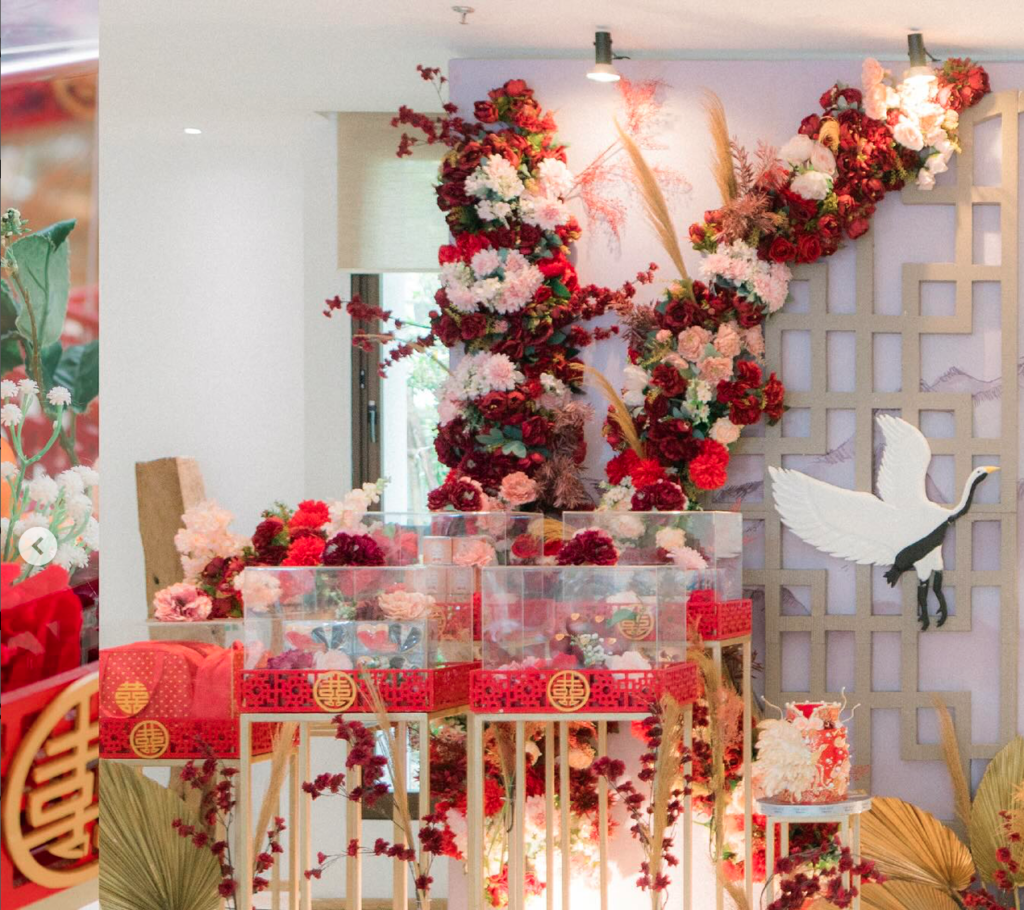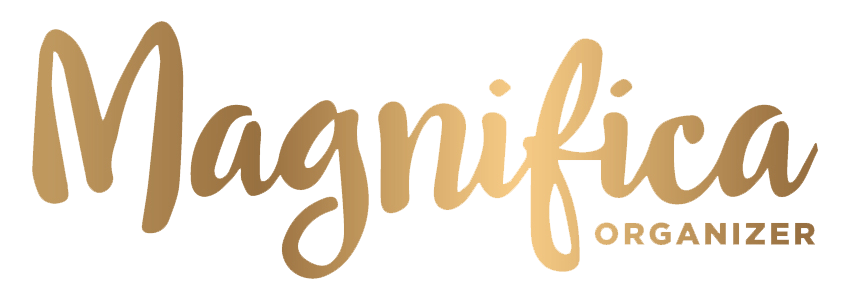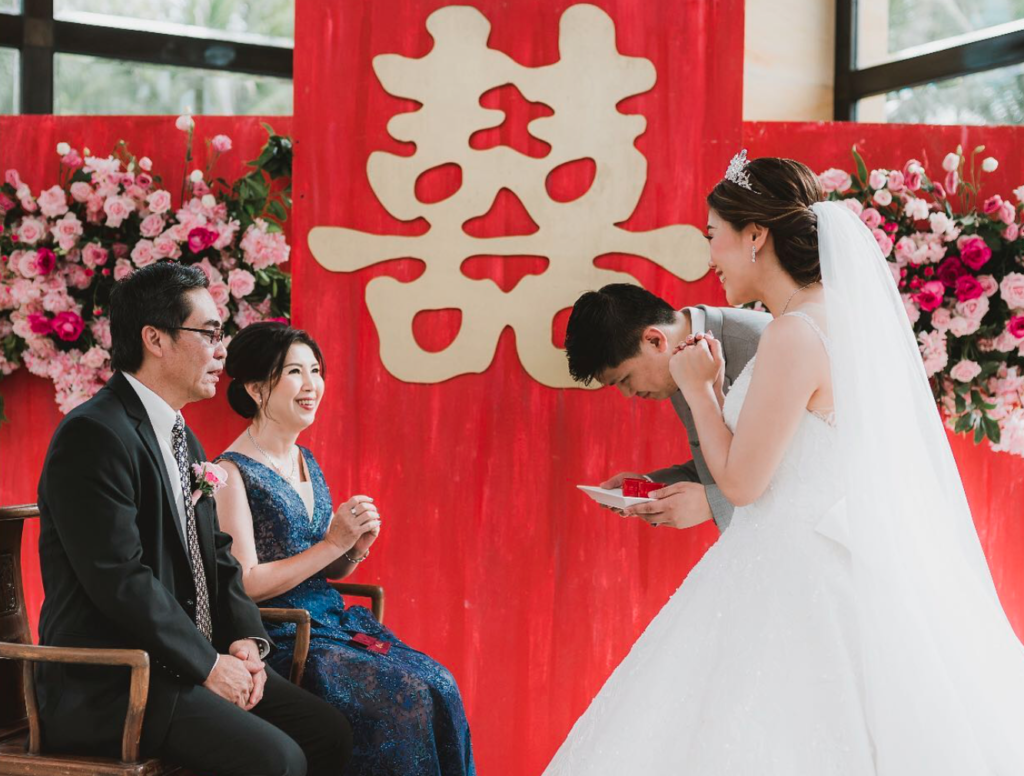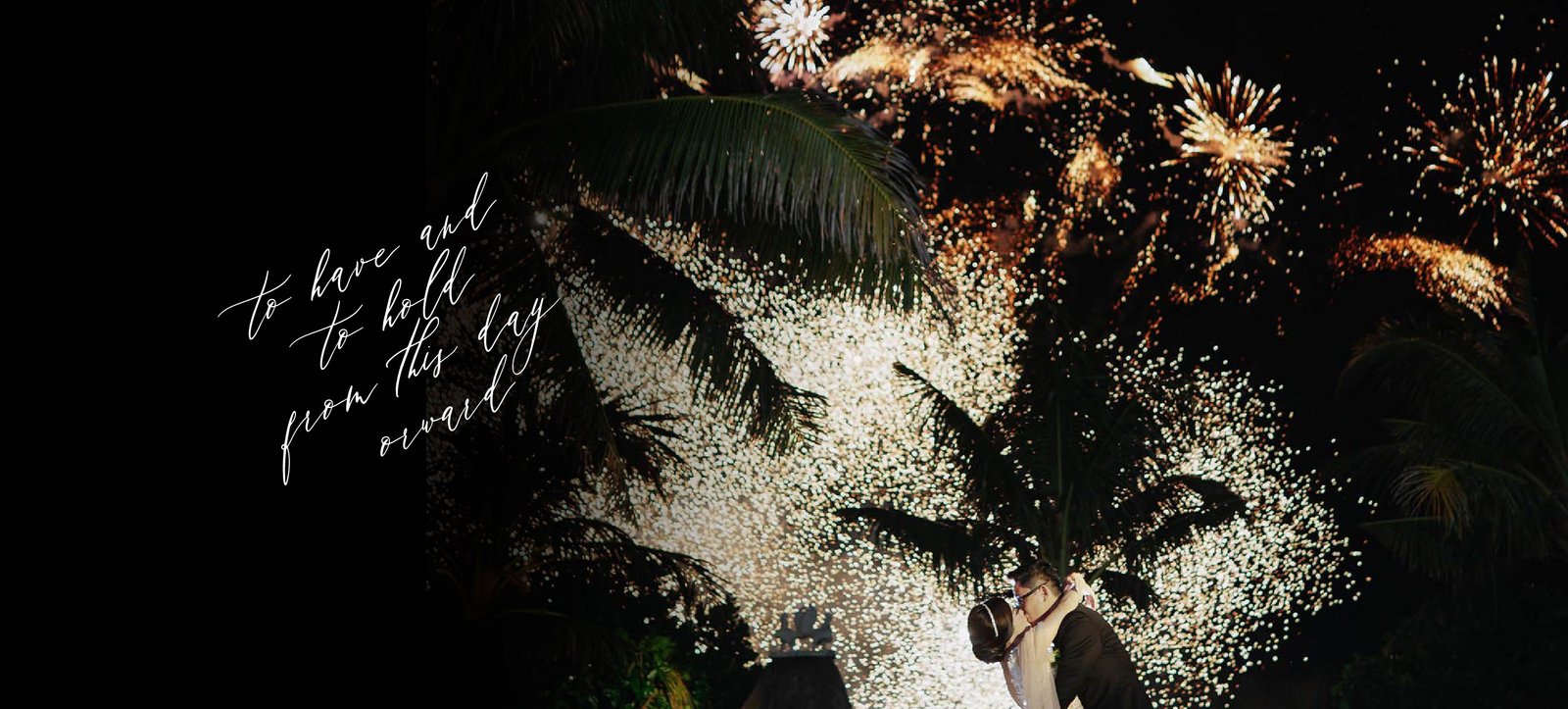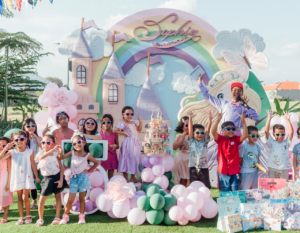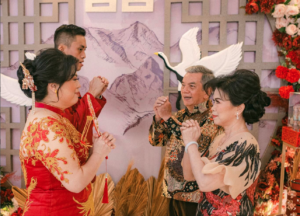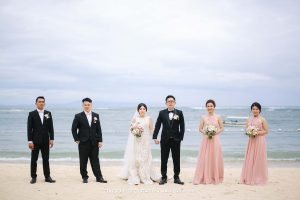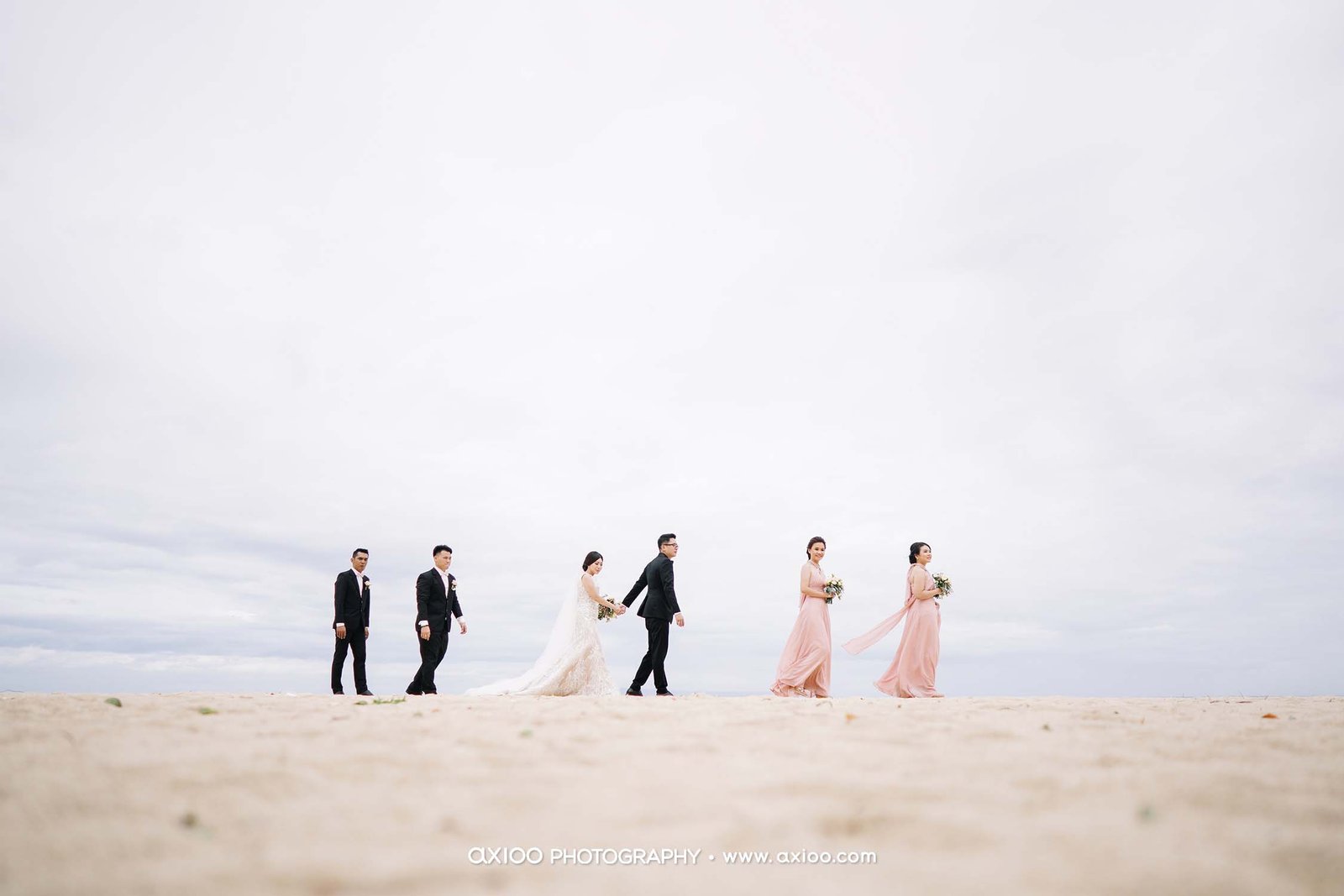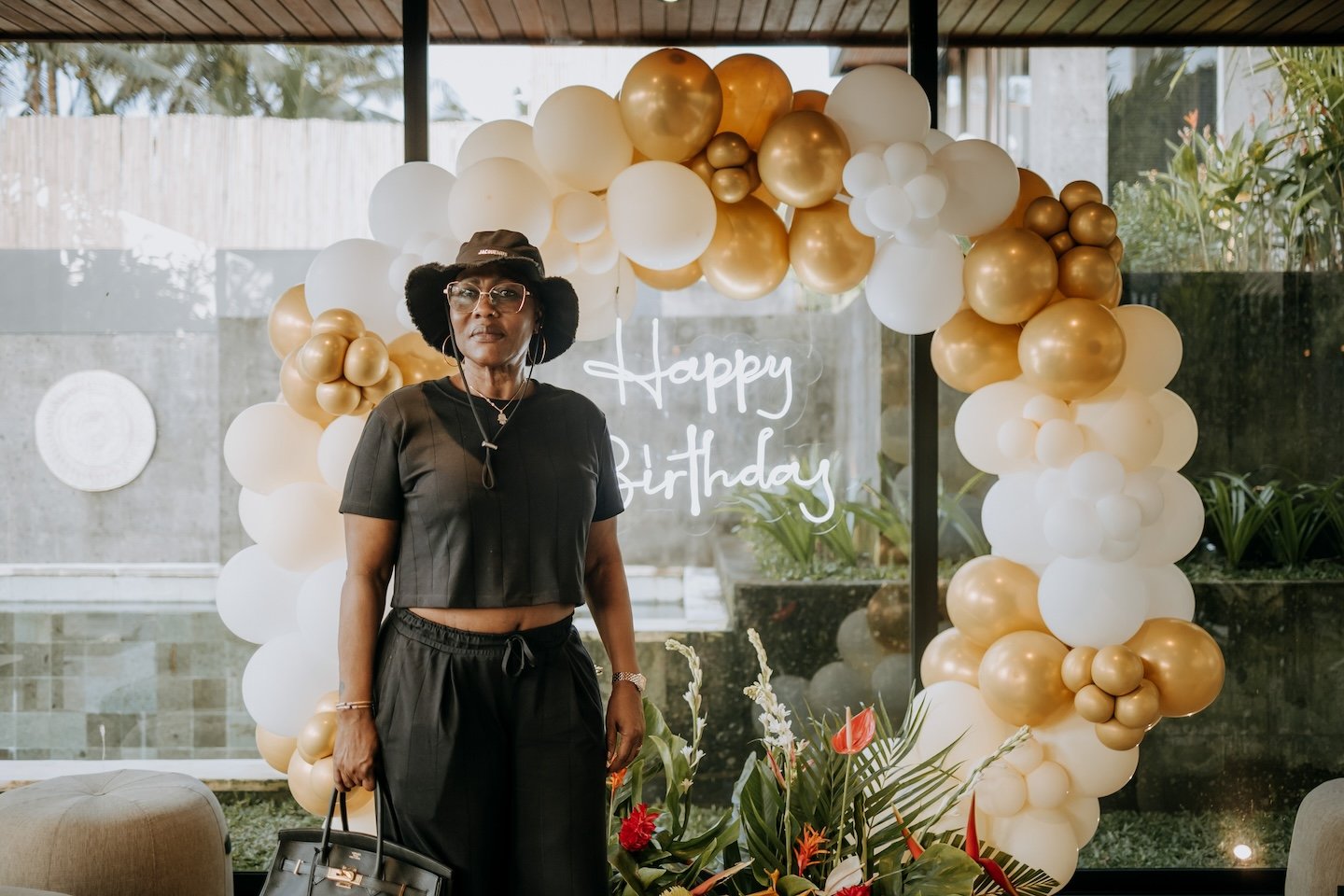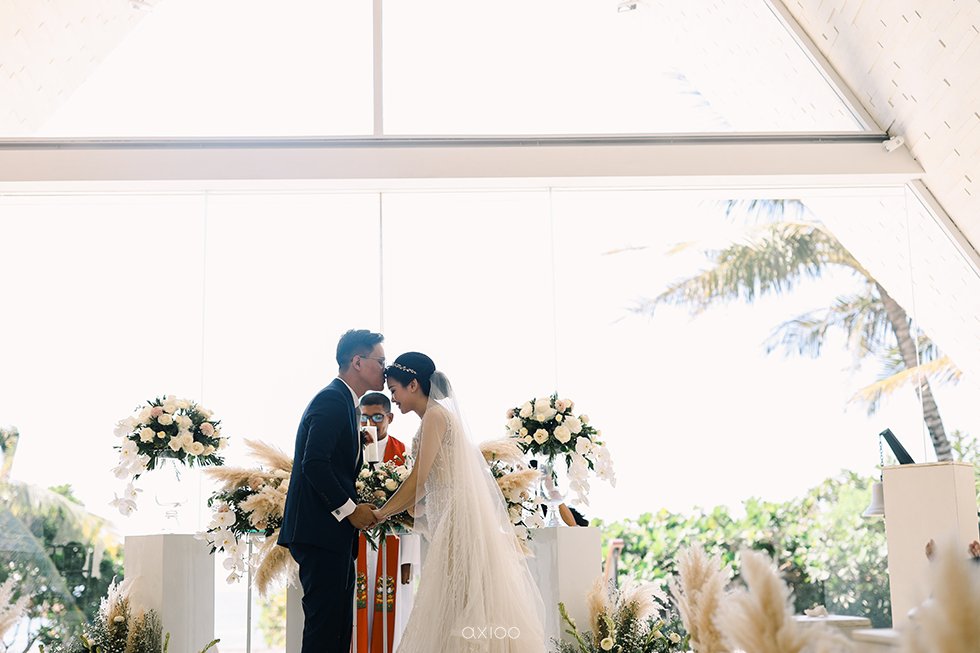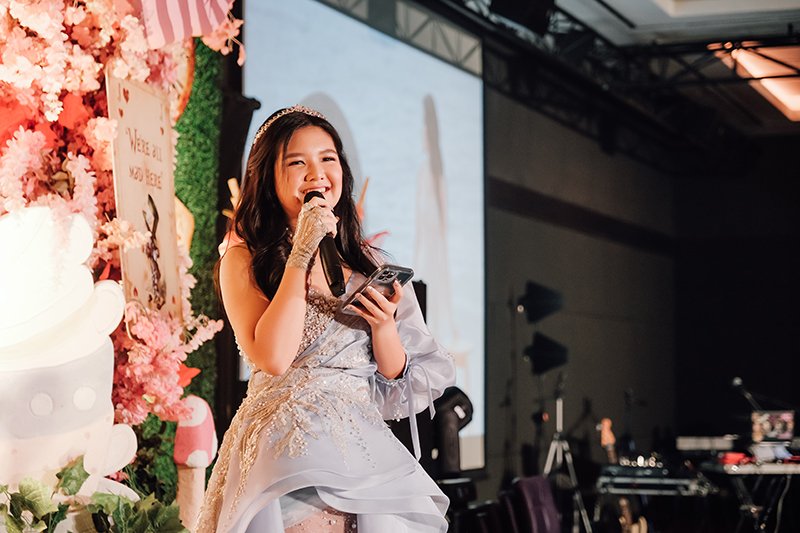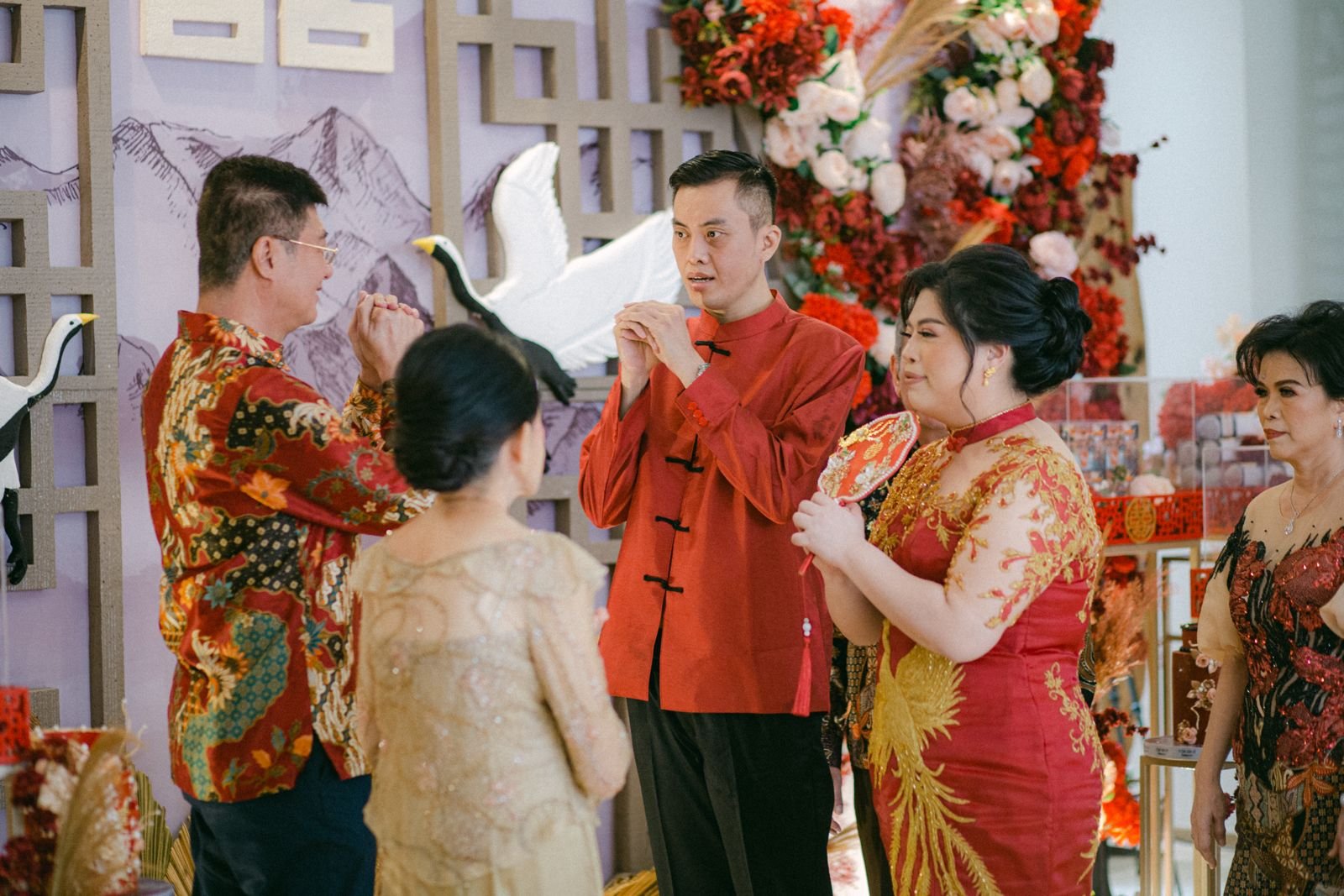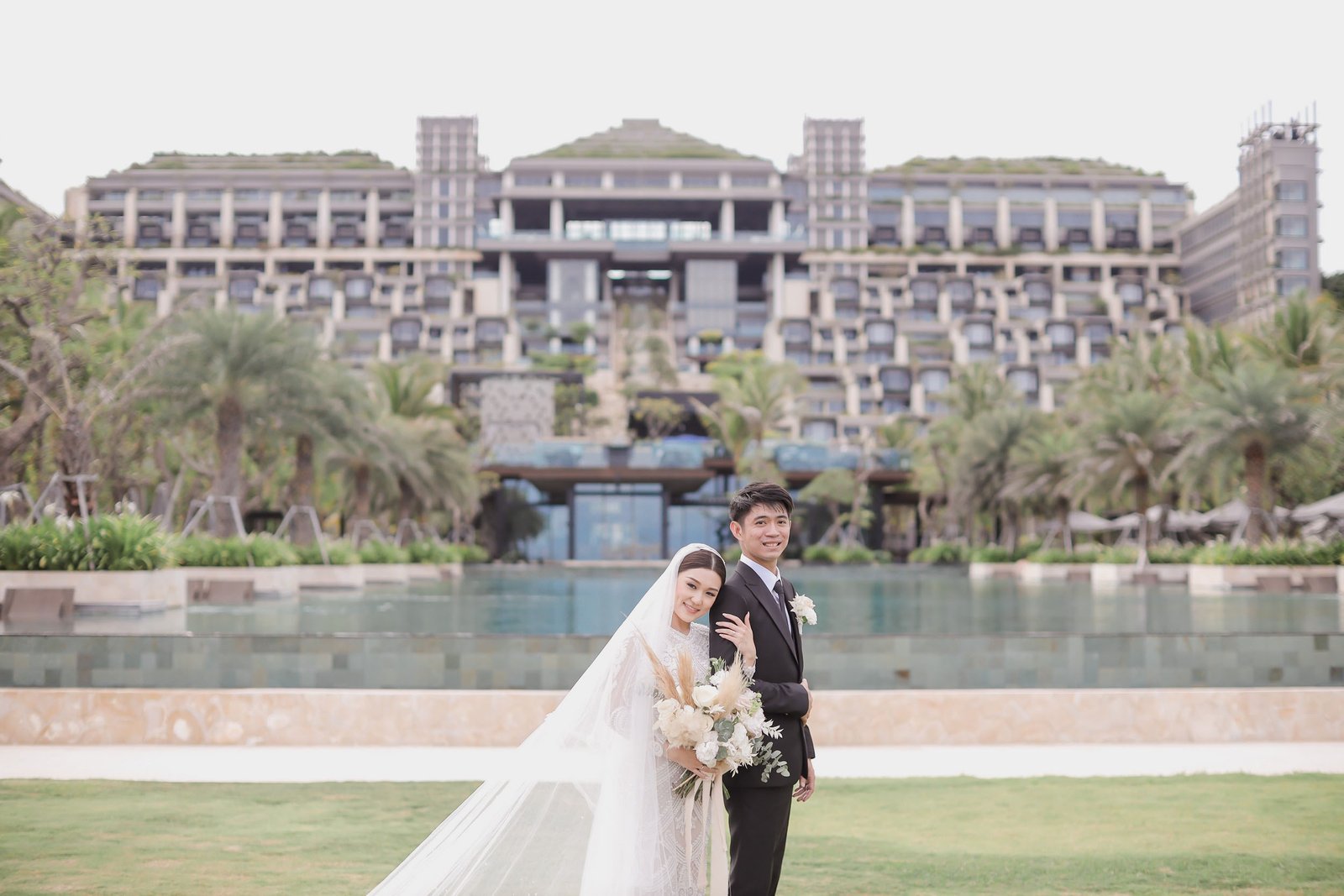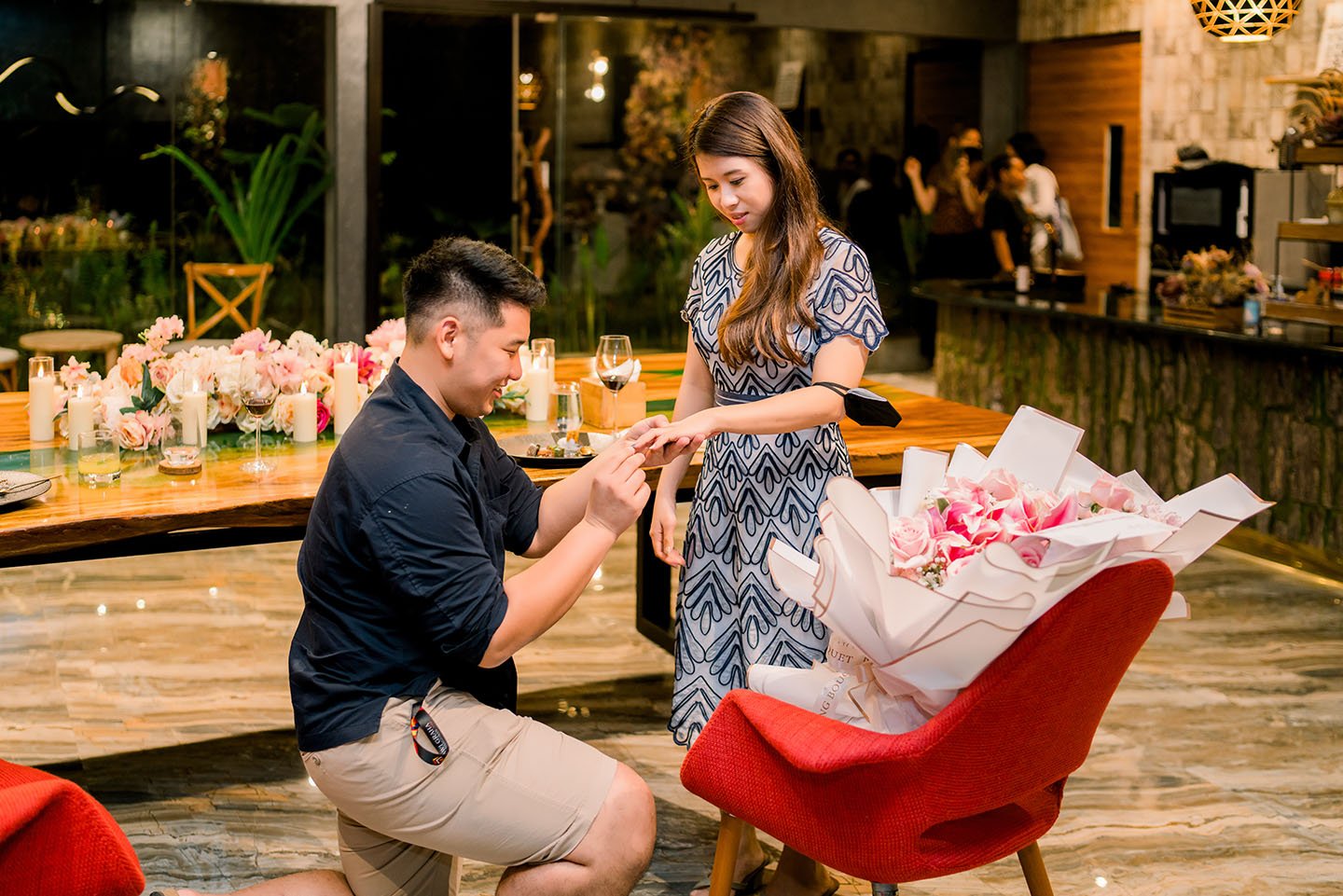Chinese Indonesian weddings are deeply rooted in tradition and cultural significance. Explore 7 unique rituals in Chinese Indonesian weddings that make these celebrations unforgettable. Discover how choosing the right Event Organizer (EO) can help ensure every detail is perfectly executed.
1. The Betrothal Ceremony (Tingjing)
The Tingjing ceremony is a formal betrothal event where the groom’s family visits the bride’s family to officially propose marriage. During this ceremony, gifts such as jewelry, traditional cakes, and symbolic items are exchanged. The purpose is to express the groom’s family’s respect and sincerity towards the bride’s family. This ritual is essential in setting the tone for the entire wedding process.
2. The Dowry Presentation (Sangjit)
Sangjit is another significant pre-wedding ritual where the groom’s family presents dowry items to the bride’s family. These items often include money, jewelry, food, and other goods symbolizing prosperity and abundance. Each item has a specific meaning, such as unity, fertility, and wealth. This signifies the groom’s commitment and ability to provide for his future wife. You can see our blog about tingjing and sangjit here.
3. The Hair Combing Ceremony
On the eve of the wedding, both the bride and groom undergo a hair combing ceremony, usually performed by their parents. This intimate ritual is conducted in their respective homes, symbolizing the transition from childhood to adulthood. As their hair is combed, blessings are recited, wishing them a life of harmony and happiness. The ceremony is a poignant reminder of parental love and support.
4. The Bridal Bed Setting
The setting of the bridal bed is a traditional ritual that occurs a few days before the wedding. A woman of good fortune (often a relative who has many children) is invited to set up the bed with auspicious items like oranges, pomegranates, and lotus seeds. This ritual is believed to bless the couple with fertility and a happy marriage.
5. The Tea Ceremony
The tea ceremony is one of the most cherished traditions in a Chinese Indonesian wedding. The bride and groom serve tea to their elders as a sign of respect and gratitude. In return, the elders offer blessings and gifts, usually in the form of red envelopes containing money. This ceremony is a beautiful representation of family unity and respect for the older generation.
6. The Wedding Banquet
The wedding banquet is a grand celebration where family and friends gather to honor the newlyweds. Traditional Chinese dishes are served, each symbolizing different blessings such as happiness, longevity, and prosperity. The banquet often features performances, speeches, and toasts, creating an atmosphere of joy and festivity.
7. The Bed Jumping Ceremony
The bed jumping ceremony is a playful post-wedding ritual where young children jump on the couple’s bed. This fun activity is believed to bless the couple with many offspring and ensure their marriage is filled with joy and laughter. It’s a delightful way to end the wedding celebrations with high spirits and positivity.
Choosing the Right Event Organizer
Planning a wedding that incorporates these intricate and meaningful rituals can be overwhelming. This is where the expertise of a professional Event Organizer (EO) becomes invaluable. A skilled EO understands the cultural nuances and ensures each ritual is performed with respect and precision. They manage everything from the smallest details to the grandest arrangements, allowing you to focus on enjoying your special day.
In conclusion, these seven unique rituals in Chinese Indonesian weddings bring depth, joy, and cultural richness to the celebration. By choosing the right EO, you can ensure that each tradition is honored beautifully, creating an unforgettable wedding experience. Remember, cultural practices may vary due to different customs and backgrounds, making each wedding a truly unique celebration.
